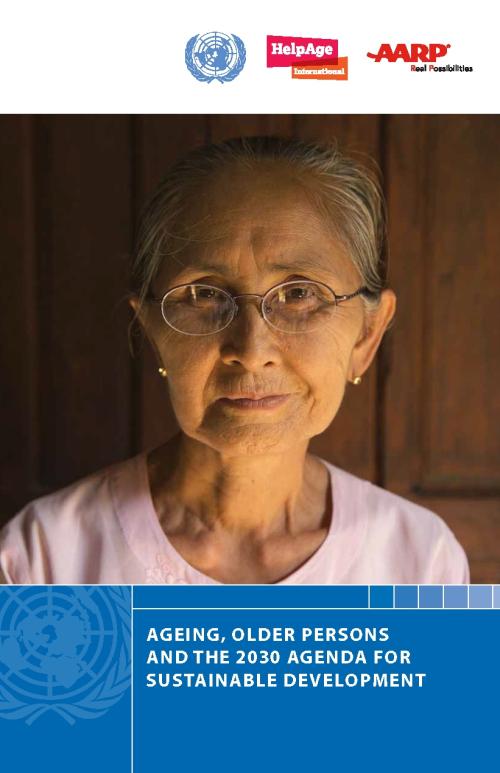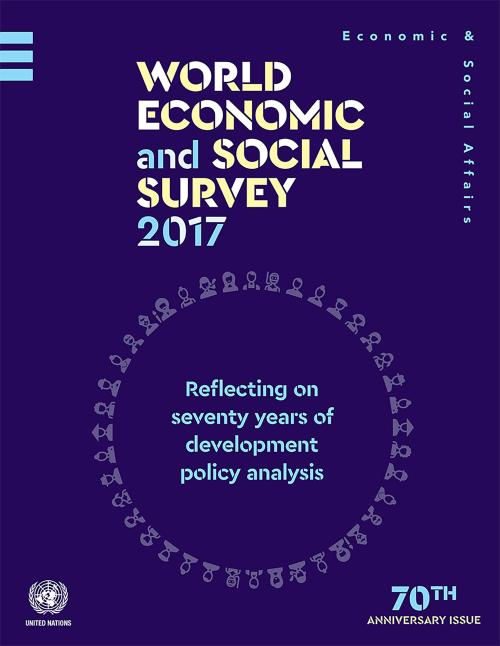
The 2030 Agenda for Sustainable Development sets out a universal plan of action to achieve sustainable development in a balanced manner and seeks to realize the human rights of all people. It calls for leaving no one behind and for ensuring that the Sustainable Development Goals (SDGs) are met for all segments of society, at all ages, with a particular focus on the most vulnerable—including older persons.
Preparing for an ageing population is vital to the achievement of the integrated 2030 Agenda, with ageing cutting across the goals on poverty eradication, good health, gender equality, economic growth and decent work, reduced inequalities and sustainable cities. Therefore, while…
If the world is to eradicate poverty, address climate change and build peaceful, inclusive societies for all by 2030, key stakeholders, including governments, must drive implementation of the Sustainable Development Goals (SDGs) at a faster rate, according to the The Sustainable Development Goals Report 2017, launched by UN Secretary-General Antonio Guterres.
Using the most recent data available, the annual Sustainable Development Goals Report provides an overview of the world’s implementation efforts to date, highlighting areas of progress and areas where more action needs to be taken to ensure no one is left behind. The Sustainable Development Goals Report 2017report found that…

A careful review of 70 years of the United Nations’ economic advice reveals that the analysis still remains relevant to guiding countries through a difficult current global economic situation and for the implementation of the 2030 Agenda for Sustainable Development, according to the World Economic and Social Survey launched today by the United Nations Department of Economic and Social Affairs.
Individual countries have pursued widely different development paths during a period that has witnessed the fastest growth in global output and trade than any other period in the history of humanity—and have achieved varying results from the bleak to the miracle—. An in-depth review of the…
Continued slow global economic growth is likely to leave about 6.5 per cent of the world population extremely poor in 2030 without national actions supported by international cooperation, according to a new report issued by the United Nations today.
A continuation of the status quo would severely hamper efforts to achieve the Sustainable Development Goals by 2030. The Goals call for eliminating poverty by 2030.
According to the 2017 “Financing for Development: Progress and Prospects” report, under current trends, least developed countries (LDCs) are likely to fall short by large margins.
Projections indicating that global gross product will grow at less than 3…

In Africa, as in other regions, persons with disabilities are disproportionately likely to live in poverty and, too often, lack access to education, health care, employment opportunities, housing, social protection systems, justice, cultural expression and participation in political life. The ability of persons with disabilities to participate in society is often frustrated because physical environments, transportation and information and communications systems are not accessible.
In this context, a Toolkit on Disability for Africa has been developed by the United Nations Department of Economic and Social Affairs (UNDESA), Division for Social Policy and Development (DSPD). It is…
 Welcome to the United Nations
Welcome to the United Nations